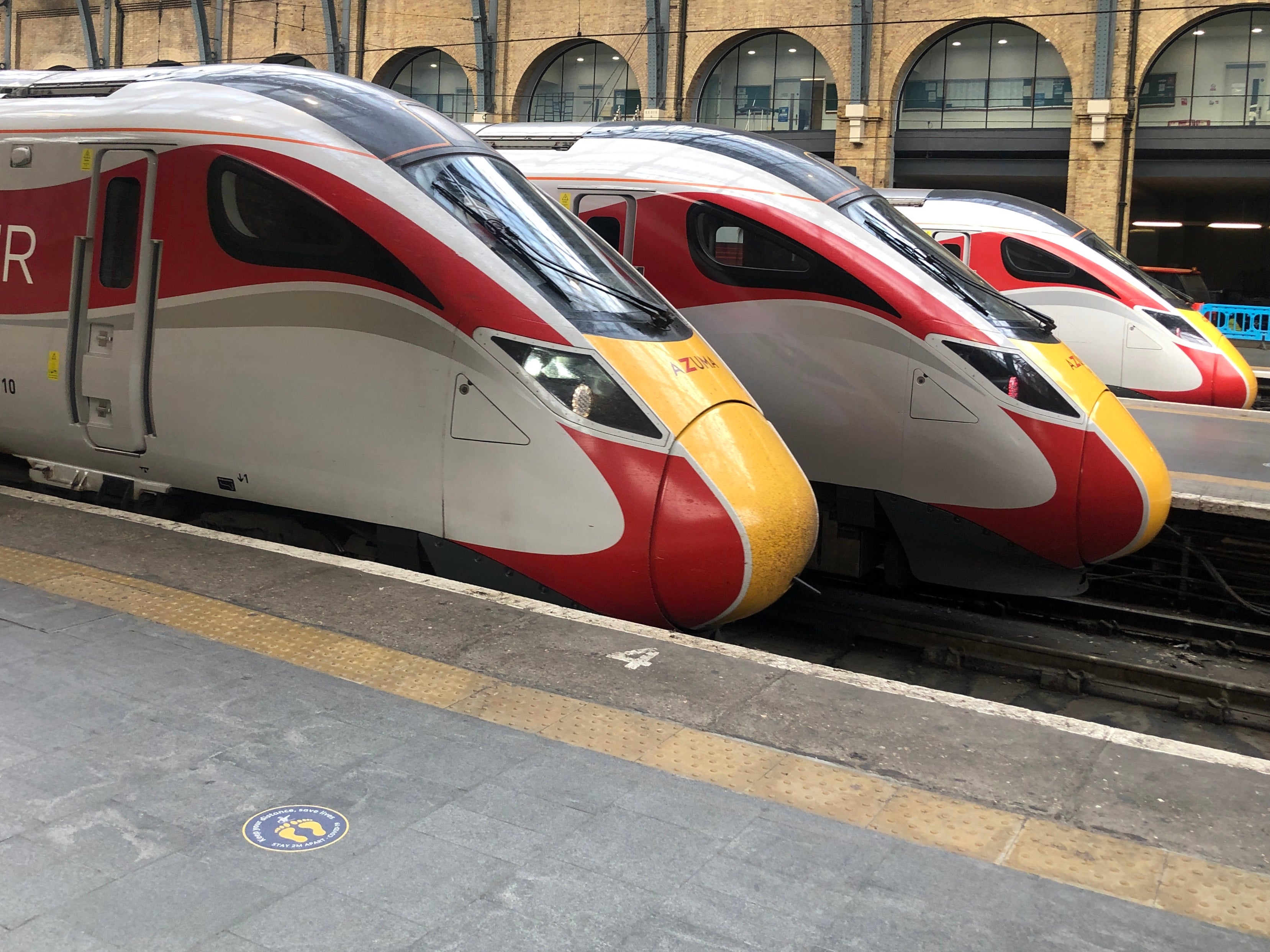Railcards: no refund or extension despite months of train restrictions
‘A pity some slack could not be given on this issue to encourage people back to rail travel,’ said Transport Focus

More than five million railcard holders will get no recompense for months in which they were told they could not make non-essential journeys by train, the government has decided.
From late March until July, passengers in England and Scotland were told to avoid rail travel if at all possible, to allow plenty of space for key workers.
Transport for Wales maintained the essential-travel-only policy until 17 August, almost five months after it was introduced.
Most railcards give a discount of 34 per cent on normal fares, though with some time restrictions. The usually price of an annual railcard is £30.
Given that the typical traveller lost four months of use, it had been proposed that customers could save £10 on renewal as a “thank-you” for following government instructions during the coronavirus pandemic.
Other options have been mooted, including handing back £10 to extending validity on either existing cards or on renewals.
But the Rail Delivery Group (RDG), which runs the railcard programme, is now telling passengers: “After careful consideration the government has confirmed to us that railcards will remain non-refundable and will not be extended.”
The Department for Transport (DfT) said no compensation will be made, to “ensure we are fair to taxpayers”.
Anthony Smith, chief executive of the independent watchdog Transport Focus, said: “Passengers bought railcards in good faith and will be disappointed by the decision not to extend them or offer a discount on renewal to make up for the period when we were encouraged not to travel.
“It seems a pity some slack could not be given on this issue to encourage people back to rail travel.”
A DfT spokesperson said: “We took immediate action at the outbreak of the pandemic to support the rail industry, keeping the services people depend on running, protecting jobs, and delivering refunds on all advance fares, as well as removing charges for cancellations.
“With fares revenue having fallen to less than 5 per cent of pre-Covid levels, we must ensure we are fair to taxpayers and focus investment on maintaining services, to enable social distancing and support our economic recovery.”
At present rail journeys account for only two per cent of all trips made in the UK. Yet the railways account for 56 per cent of total public sector spend on transport, according to government figures.
Join our commenting forum
Join thought-provoking conversations, follow other Independent readers and see their replies
Comments


Bookmark popover
Removed from bookmarks